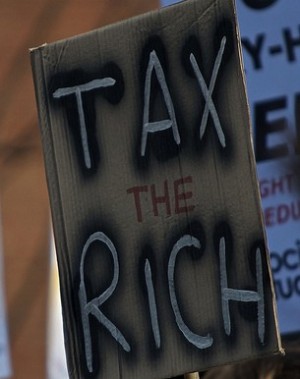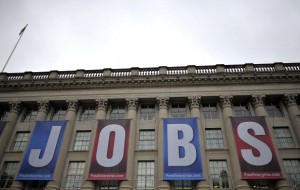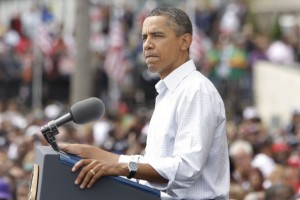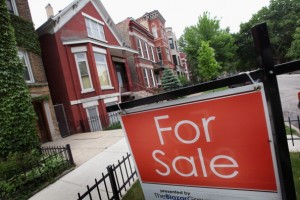
William Warby / Flickr
A proposed curfew in Montgomery County would prevent teens under 18 from being out past midnight on weekends and 11 p.m. on weekdays.
On Wednesday’s Kojo Nnamdi Show, guests spoke about the merits of instituting a teen curfew in Montgomery County. And parts of the discussion centered around young people in nearby D.C. and Prince George’s County, the majority of whom are black.
Montgomery County’s curfew is intended to curtail crime, particularly gang violence. But guest Daniel Okonkwo, executive director of DC Lawyers for Youth, said after the broadcast that much of the debate is loaded with “coded language.” Some proponents want to keep D.C. and Prince George’s County youth from coming to Montgomery County because they believe they cause trouble.
“We want to keep our kids safe from those kids” is an underlying theme, says Okonkwo, an opponent of the curfew.
D.C.’s curfew, on the books since 1995, prohibits teens under 17 from being out past 11 p.m. during the week and midnight on weekends. There have been other efforts to crack down on teens congregating in neighborhoods like Chinatown — including blasting classical music in favorite hang-out spots and installing other noise repellents.
Business owners say rowdy teens hurt them by driving customers away, particularly when violence erupts. But as Washington Post‘s Courtland Milloy writes, many young black people feel they “are being treated like suspects because of a misbehaving few:”
“My friends and I got locked up two months ago for walking across the sidewalk,” Ke’Shayla Thorne, 17, a student at Spingarn High School in Northeast, told me. “The police said, ‘Come here, you’re under arrest.’ But other people walk like that all the time and they expect black kids to move off the sidewalk and let them pass. Nobody locks them up.”
You can listen to the entire Kojo Nnamdi segment here.










